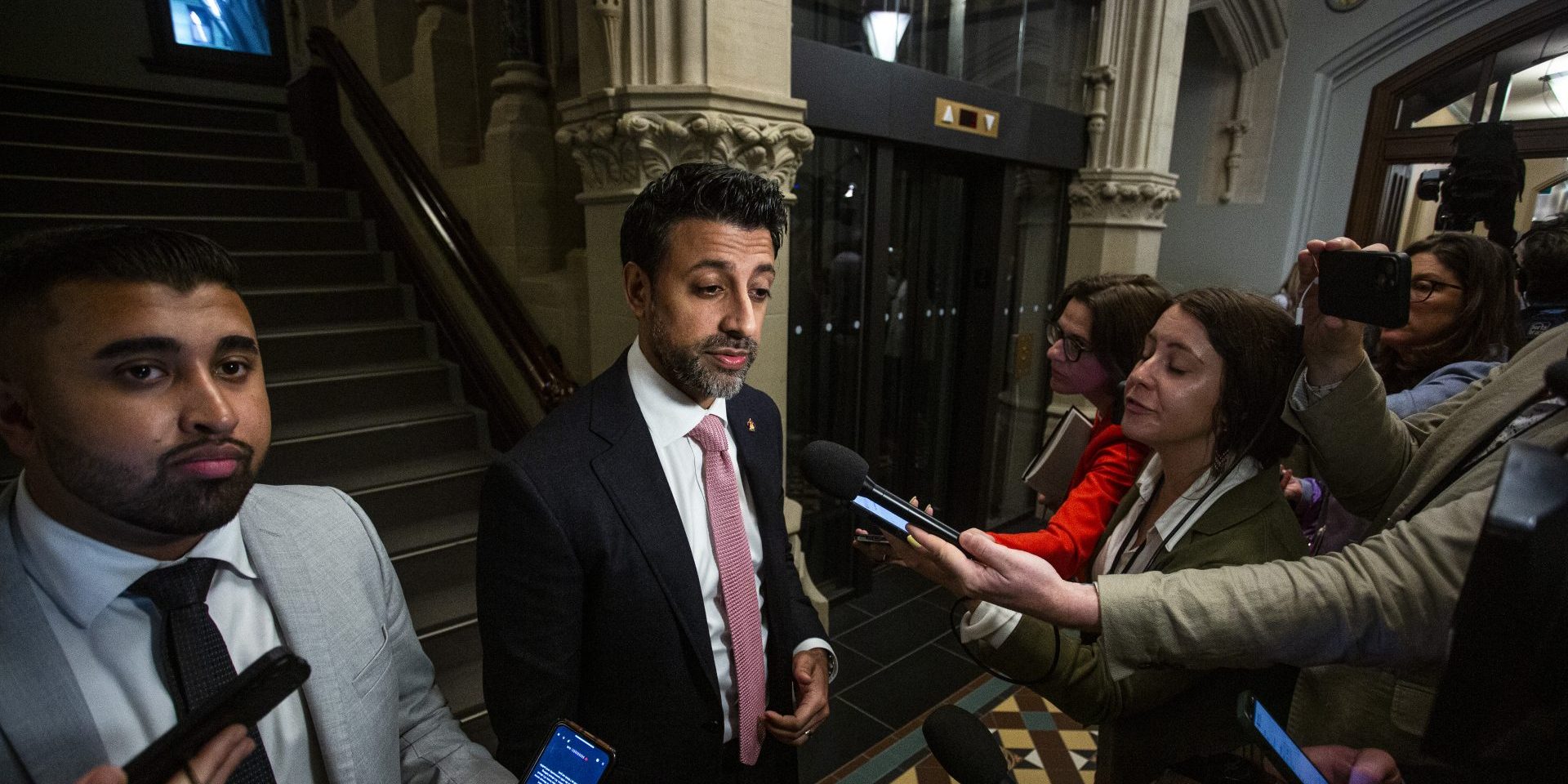Here’s how Canada can curtail its reliance on the U.S.

Canada’s extraordinary dependence on the United States—its closest ally and largest trading partner—has long been seen as an economic strength. Today, it has become a dangerous vulnerability. With U.S. President Donald Trump once again weaponizing tariffs, Canada is learning that overexposure to a single market poses a significant risk to its economic stability. To build resilience, Canada must accelerate the diversification of its trade partnerships, especially toward high-growth emerging markets.
A vulnerability exposed
In a speech at the end of June 2016, current Prime Minister Mark Carney, then governor of the Bank of England, identified geopolitical risk—alongside economic and policy uncertainty—as part of an “uncertainty trinity” that posed potentially significant adverse economic effects. The increasing use of economic tools as geopolitical weapons is injecting serious instability into the global system, magnifying economic and policy uncertainty.
Earlier this month, Trump raised tariffs on Canadian goods outside the Canada-U.S.-Mexico Agreement to 35 per cent, on top of existing penalties: 10 per cent on potash and energy, 50 per cent on steel and aluminum, and 25 per cent on automobiles. The impact is severe because the U.S. is the leading destination for most Canadian goods exports—this country exports more to the U.S. than to the rest of the world. More than 75 per cent of Canadian goods exports head to the U.S., including more than 95 per cent of crude oil exports. On the import side, more than 62 per cent of Canada’s purchases come from American suppliers.
This extraordinary degree of dependency leaves Canada highly exposed to U.S. policy shifts and business cycles. Tariffs are already biting: in April, automotive exports fell 25 per cent, and overall goods exports to the U.S. dropped by more than a quarter. The Canadian economy contracted in the second quarter, and growth forecasts were sharply revised downward. Businesses are delaying investments, consumers are bracing for higher prices, and confidence is eroding.
Turning crisis into opportunity
Not wanting to waste a crisis, the Carney government has emphasized building a more resilient Canadian economy. Domestically, Ottawa is working to remove barriers that fragment the domestic market, boosting intra-Canada trade to mitigate exposure to adverse global shocks. Globally, the focus must be on accelerating diversification of supply chains and trade partnerships.
The natural path to diversification may be to foster trade with mature economies such as the European Union, but Canada’s long-term growth resilience hinges on tapping high-growth emerging and developing markets in Africa, Asia, and Latin America. These regions are not just alternatives to the U.S.—they are the future engines of global growth. By 2035, emerging and developing countries are expected to contribute nearly 65 per cent of global economic expansion.

Unlike advanced economies, which are contending with strong demographic headwinds and rapidly aging populations, these high-growth markets offer an expanding middle class and infrastructure development opportunities, which can be advantageous for Canadian companies, with increasing consumer demand acting as strong growth multipliers and sustaining high returns on infrastructure investments. A global Canada may well be the surest way toward “Building Canada Strong.”
Broadening Canada’s trade diversification strategy is not just smart economics, it is also about advancing sustainable global development. By investing in infrastructure, sharing technology, and supporting higher labour and environmental standards, Canada can foster inclusive growth in partner countries while creating new opportunities for domestic firms. This globally inclusive approach aligns with the United Nations Sustainable Development Goals, and offers a positive alternative to the Trumpian zero-sum mindset.
Moreover, diversification would strengthen Canada’s resilience. If U.S. tariffs or business cycles disrupt trade, broader global ties would cushion the impact. At the same time, Canada would enhance its international outlook and global relevance as a champion of open, rules-based trade, and deepen its diplomatic engagement in regions where influence is increasingly contested.
A strategic imperative
The lesson of today’s tariff war is clear: relying on a single partner leaves Canada vulnerable to risks it cannot control. Diversifying its trade strategy is therefore not only about seizing new opportunities, but also about shielding the country from future shocks.
Canada already has the assets it needs: a highly skilled workforce, respected institutions, and globally competitive industries in energy, agriculture, clean technology, and services. What is required now is the determination—from both government and business—to seize global opportunities, especially in high-growth emerging markets.
Trump may continue to play tariff roulette. But Canada has the chance to take a different path: one that builds a stronger, more resilient, and more globally connected nation. By embracing emerging markets as partners in growth, Canada can transform this moment of crisis into a lasting opportunity—not only to secure its own prosperity, but also to contribute to shared global progress.
Hippolyte Fofack, a former chief economist at the African Export-Import Bank, is a Parker fellow with the Sustainable Development Solutions Network at Columbia University, and a distinguished fellow at the Global Federation of Competitiveness Councils.
The Honourable Amina Gerba was appointed as an independent Senator for Riguad, Que., in July 2021. She is a member of the Progressive Senate Group, and is co-chair of the Canada-Africa Parliamentary Association.
The Hill Times





 LICENSING
LICENSING PODCAST
PODCAST ALERTS
ALERTS


